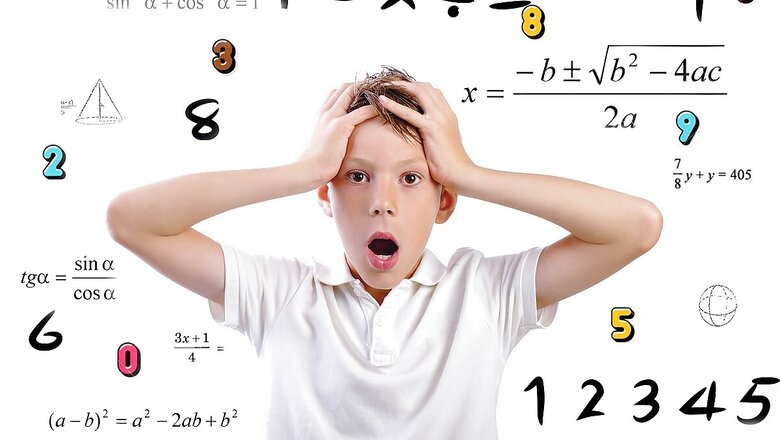
views
Today, the world observes International Math Day. While we celebrate it, the harsh truth is that many are afraid of it. Let’s look at the numbers.
A recent study by Azim Premji University on the Loss of Learning during the Pandemic revealed that 82% children on average have lost one specific Mathematic ability in the past year.
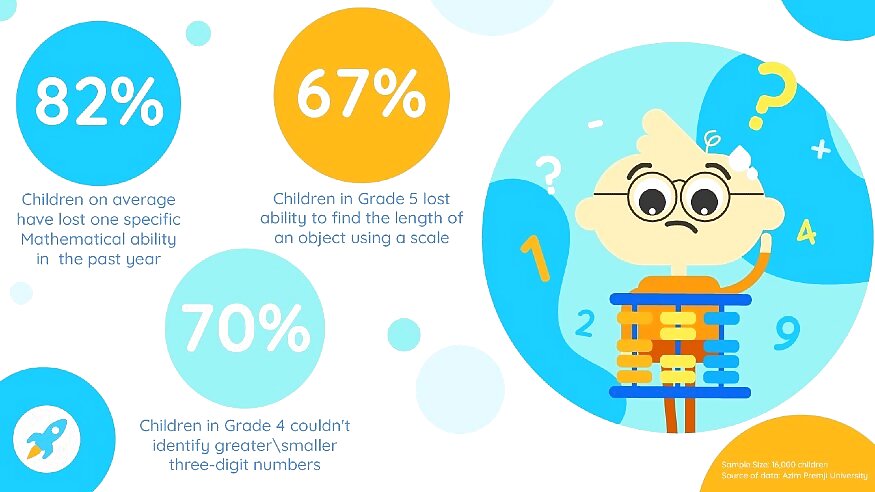
67% children in Grade 5 lost the ability to find the length of an object using a scale, while 70% children in Grade 4 couldn’t identify greater / smaller three-digit number.
A research paper by Miami-Dade County Public Schools reveals that 93 per cent of Americans indicate that they have some level of math anxiety, which shows that it is a universal problem today. Meanwhile, a research paper published by the University of Chicago offers new evidence for the link between math anxiety and avoidance.
So, why a whole day in honour of mathematics?
Complex society would not be possible without math. We take for granted that we can watch Grumpy Cat videos on YouTube on our smartphones. Advancements in technology and AI evolution through calculus ensure we can order food or hail a cab from the comfort of our homes, and encryption ensures your data is safe on the internet thanks to prime numbers.
However, mathematical applications don’t stop there. Musicians use scales that are mathematical ratios, and bakers use ingredients in perfect proportions for that perfect gooey chocolate brownie.
Over the past year, governments worldwide have used mathematical models to predict the rate of spread of the novel coronavirus. Math has also taught us how to flatten the curve, quantify social distancing, and the threshold above which a vaccine is considered safe. To sum it up, math is the unsung COVID warrior.
The silent pandemic: Math Anxiety
The challenge we face today is our inability to create problem solvers due to archaic teaching methods. AI is taking over jobs that focus on mechanical learning. According to a recent paper by economists at MIT and Boston University, robots could replace as many as 2 million workers in manufacturing alone by 2025.
People may argue that smartboards have replaced blackboards, and offline classes have gone online. But these changes are, at best cosmetic. The teacher instructs, and the student replicates mindlessly. This rote learning does not help in an era in which a few dozen algorithms can replace human jobs.
We can learn from our past. The Apollo Mission unified a nation around a single pursuit. To win in this AI century, we need to do something similar.
For starters, let us look at mathematics as the language of logic and reasoning, rather than a subject to memorise tables. Using this logical reasoning, let us create the next generation of problem solvers. They will be a testament to math’s ability as a universal language.
(Manan Khurma has trained over 10,000 students in math. He is also the founder and CEO of Cuemath.com)
Read all the Latest News, Breaking News and Coronavirus News here











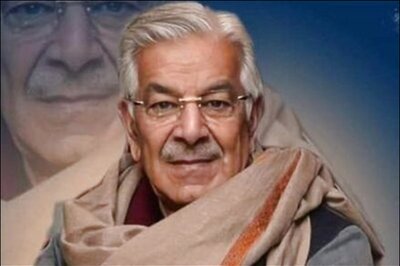

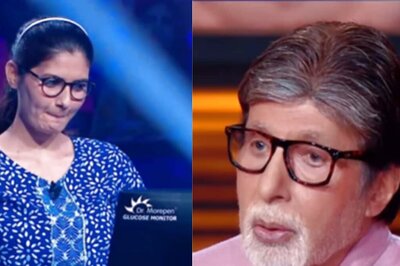


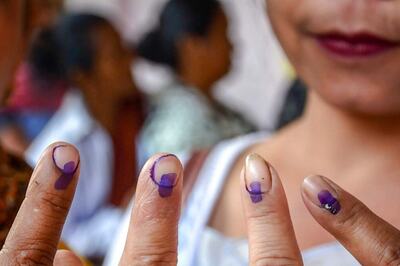



Comments
0 comment